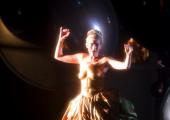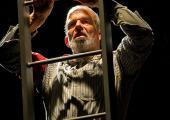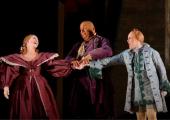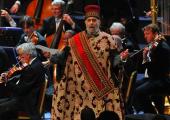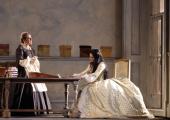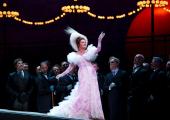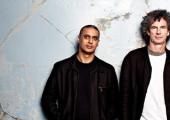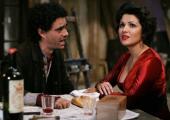Roméo et Juliette, Royal Opera
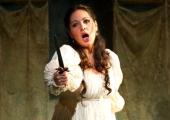
Leads don't quite do justice to Gounod's appealing adaptation
We sophisticates aren't really meant to enjoy Gounod. His simple 19th-century brew - five parts sentimentality, one part religiosity - isn't supposed to wash with modern palettes that crave layers of meaning, irony and social context. The ENO's solution last month was to present a version of Gounod's Faust that had these elements filled in. It flopped.


